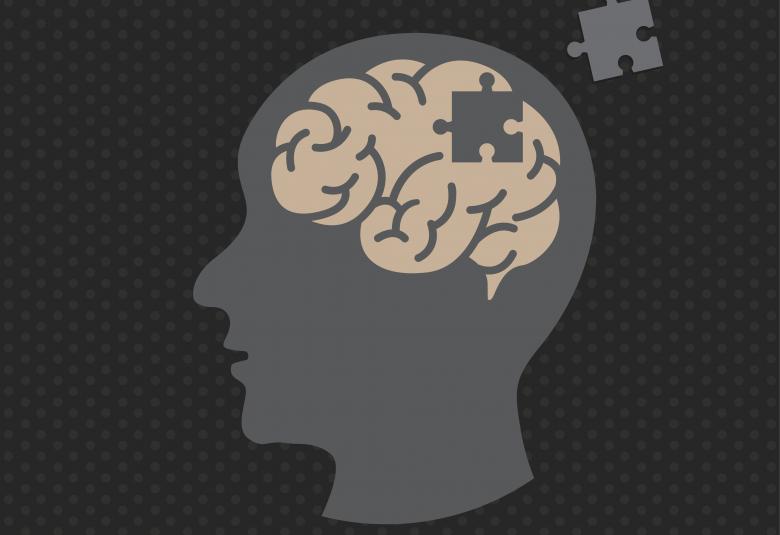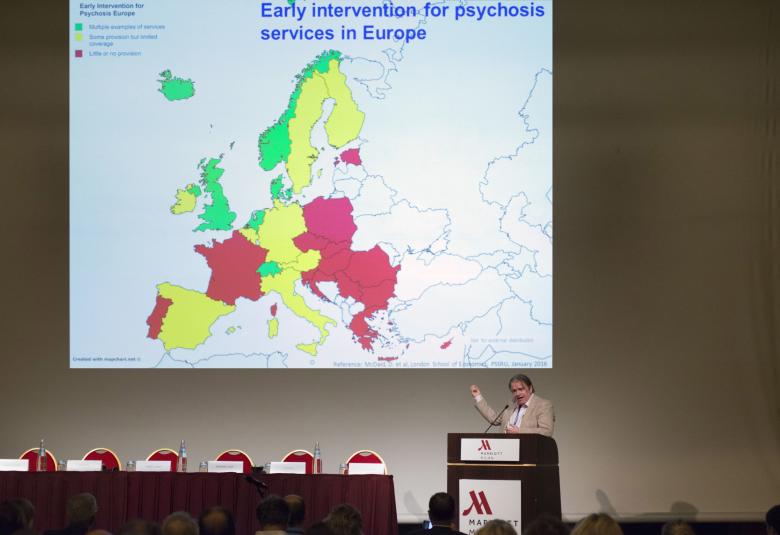Social, cultural, and even climatic factors can make the winter holidays particularly difficult for people prone to depression, beyond seasonal affective disorder (SAD). If we can identify those at risk, what might we do to help?
For a more detailed feature on this topic, please visit the Lundbeck Institute Campus.
For many, the winter holidays are a time of merriment and strengthening of social bonds. But not everyone is happy at this time of year. In fact, the winter holidays may pose a particularly difficult time for many people, especially those prone to depression, for a number of reasons.
In the northern hemisphere, the cold weather coupled with decreased daylight and increased susceptibility to physical illnesses (like the common cold or flu) create a host of factors which may impact one’s mental health. Compound all of this with lifestyle changes which are common during the winter holidays, including disrupted sleep, increased alcohol consumption, and decreased exercise, and it is easier to understand why for some individuals, this period of the year can be difficult. Add of all of this to stress encountered from physical and social demands, family conflict, and financial worries and it is not surprising that chronic low-level depression can tip over into a more severe depression.




